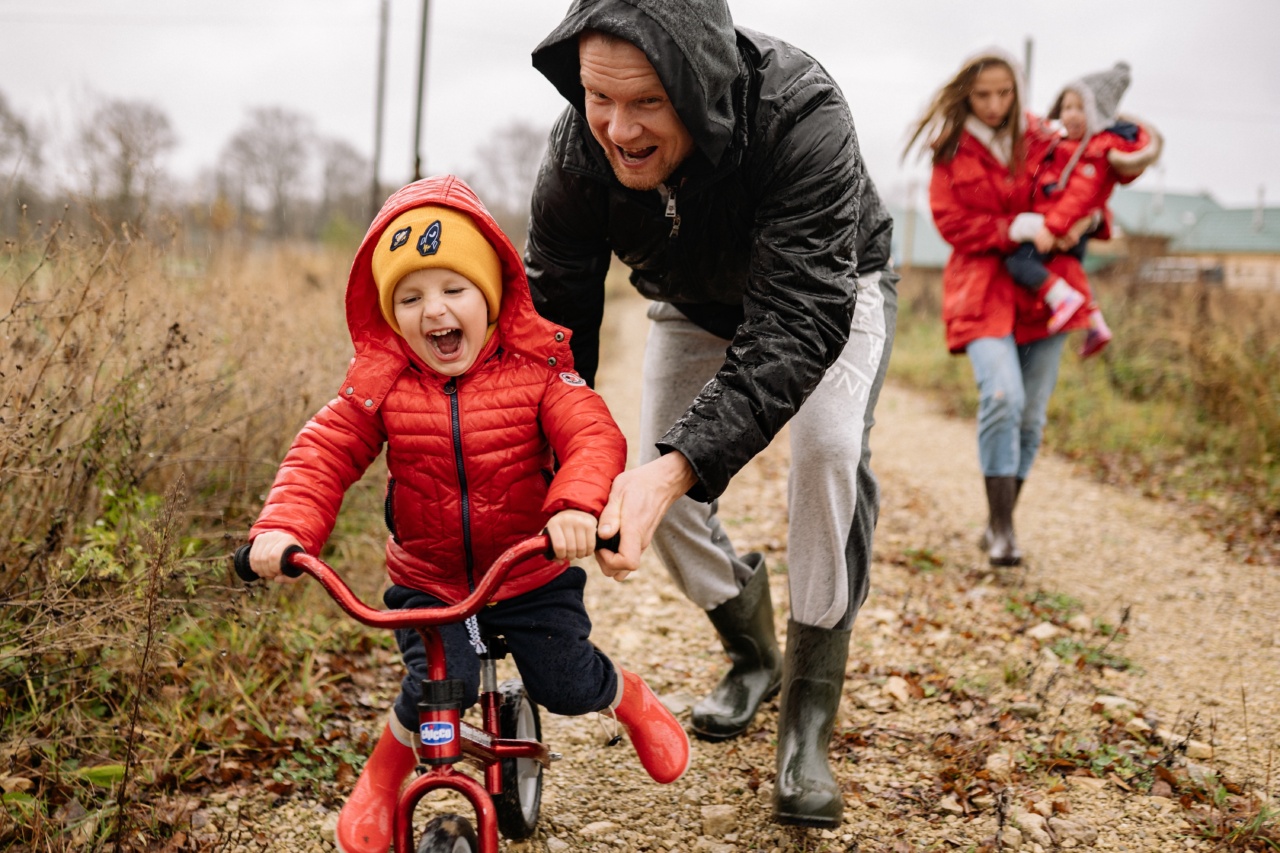In today’s digital world, it’s almost impossible to shield children from the constant influx of news, which often includes reports of violence and tragic events.
Whether it’s a school shooting, terrorist attack, or natural disaster, exposure to such news can deeply impact a child’s emotional well-being. As parents and caregivers, it is crucial for us to take an active role in helping our children process and cope with these frightening events.
By using effective strategies, we can provide the support and guidance they need to navigate through the unsettling news and protect their mental well-being.
1. Initiate Open Conversations
One of the most important steps in helping children cope with violent news is to create an open and safe space for them to express their thoughts and emotions. Initiate conversations by asking open-ended questions such as:.
How do you feel about what you heard or saw on the news?.
What questions or concerns do you have about what happened?.
By actively listening and asking follow-up questions, you can gain insights into their thoughts and feelings, allowing you to better address their fears and concerns.
2. Provide Age-Appropriate Information
When discussing violent news with your child, ensure that the information you provide is appropriate for their age and level of understanding.
Filtering the content and tailoring it to their developmental stage will help them comprehend the situation without overwhelming them.
For younger children, it might be sufficient to provide a simplified explanation focusing on the positive actions taken by helpers, such as police officers or firefighters.
Older children, on the other hand, might require more detailed information to grasp the complexity of the situation. Gauge their reactions and adjust your approach accordingly.
3. Limit Exposure to News
Constant exposure to violent news can have a detrimental effect on a child’s mental health. While it’s important to stay informed, it’s equally crucial to establish boundaries and limit their exposure.
Avoid having the news playing in the background and try to steer clear of graphic images or videos when your child is present.
Consider designating specific periods for checking updates or watching the news, ensuring it doesn’t consume too much of your child’s time.
Encourage them to engage in other activities that they enjoy and find ways to distract themselves from the continuous stream of distressing information.
4. Promote Critical Thinking
Helping your child develop critical thinking skills can empower them to analyze news events and separate facts from opinions or biases. Encourage them to question the sources of information and explore multiple perspectives.
Teach them about reputable news sources and how to evaluate the credibility of the information they come across.
This will not only equip them with valuable skills but also give them a sense of control and independence in understanding the world around them.
5. Encourage Empathy and Compassion
In the face of violent news, it is essential to foster empathy and compassion within our children. Encourage them to consider the feelings and experiences of others who might be affected by the events.
Engage in conversations about understanding different viewpoints, promoting kindness, and exploring ways to support those affected.
By nurturing empathy, we can help our children develop a greater understanding of the world and find ways to make a positive impact.
6. Encourage Healthy Coping Mechanisms
Violent news can cause anxiety, fear, or sadness in children. Encourage them to express their emotions and provide them with healthy coping mechanisms.
This might include engaging in physical activities, practicing mindfulness or deep breathing exercises, or engaging in creative outlets such as drawing or writing.
Identify activities that have a calming effect on your child and support them in incorporating these coping strategies into their daily routine.
7. Maintain a Routine
During times of uncertainty or distress, maintaining a predictable routine can provide children with a sense of stability and security. Ensure that they have regular meal times, a consistent sleep schedule, and time for recreation each day.
Having a routine helps create a reassuring environment, allowing children to better manage their emotions and navigate through the distressing news they encounter.
8. Model Healthy Media Consumption
Children often learn by observing the behavior of their parents or caregivers. Be mindful of your own media consumption and how you discuss violent news in their presence.
Avoid engaging in intense or distressing conversations when they are within earshot.
Instead, model healthy media consumption habits by critically analyzing news stories, discussing the importance of reliable sources, and focusing on positive actions or progress being made.
9. Seek Professional Help if Needed
While our efforts as parents and caregivers are crucial in helping children cope with violent news, some children may require additional support.
If you notice persistent signs of distress, anxiety, or significant changes in behavior, consider seeking professional help.
A qualified mental health professional can provide appropriate guidance and interventions tailored to your child’s specific needs.
10. Encourage Resilience
Helping children develop resilience is a key aspect of preparing them to cope with the challenges they may face throughout life.
Talk to your child about the concept of resilience and guide them towards developing skills that will help them bounce back from difficult situations.
Encourage them to identify their strengths and build on them, fostering a sense of self-confidence and determination.
Remind them that they have the ability to overcome adversity and provide them with reassurance that they are not alone in their struggles.
By using these strategies, we can support our children in navigating through violent news and promote their emotional well-being.
Engaging in open conversations, providing age-appropriate information, and teaching critical thinking and empathy will equip them with essential skills to face the challenging realities of the world in a healthier and more resilient manner.






























